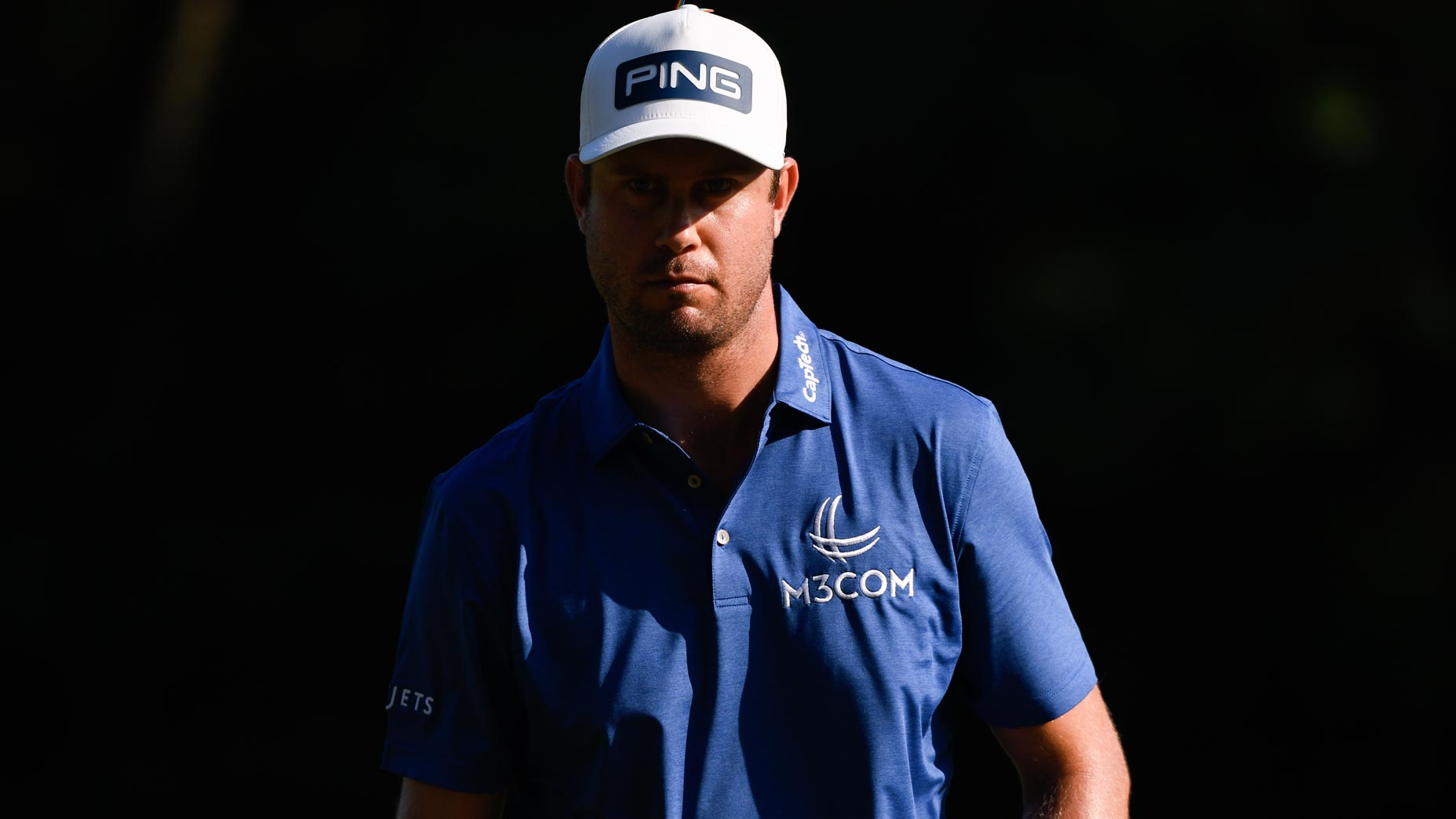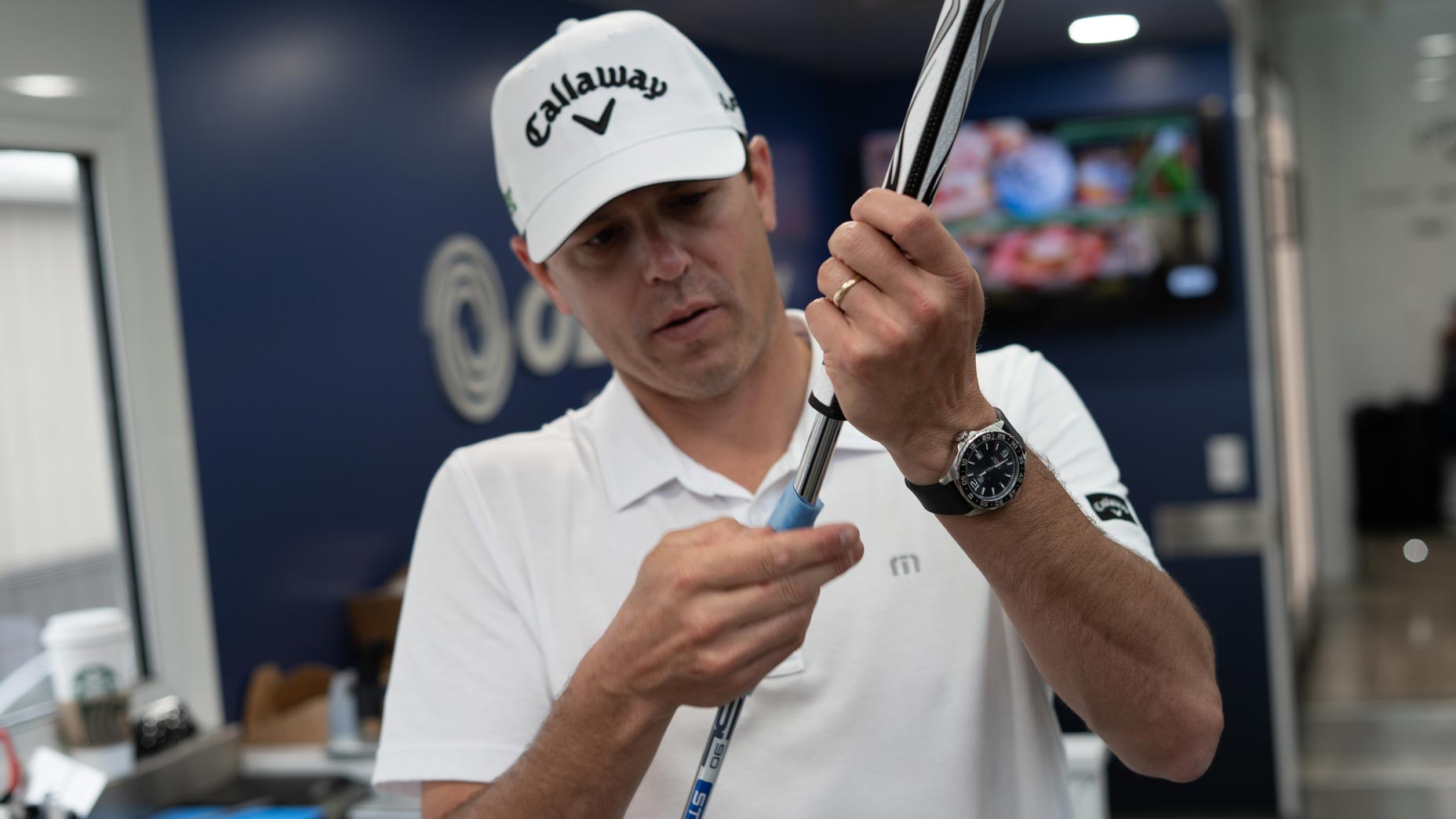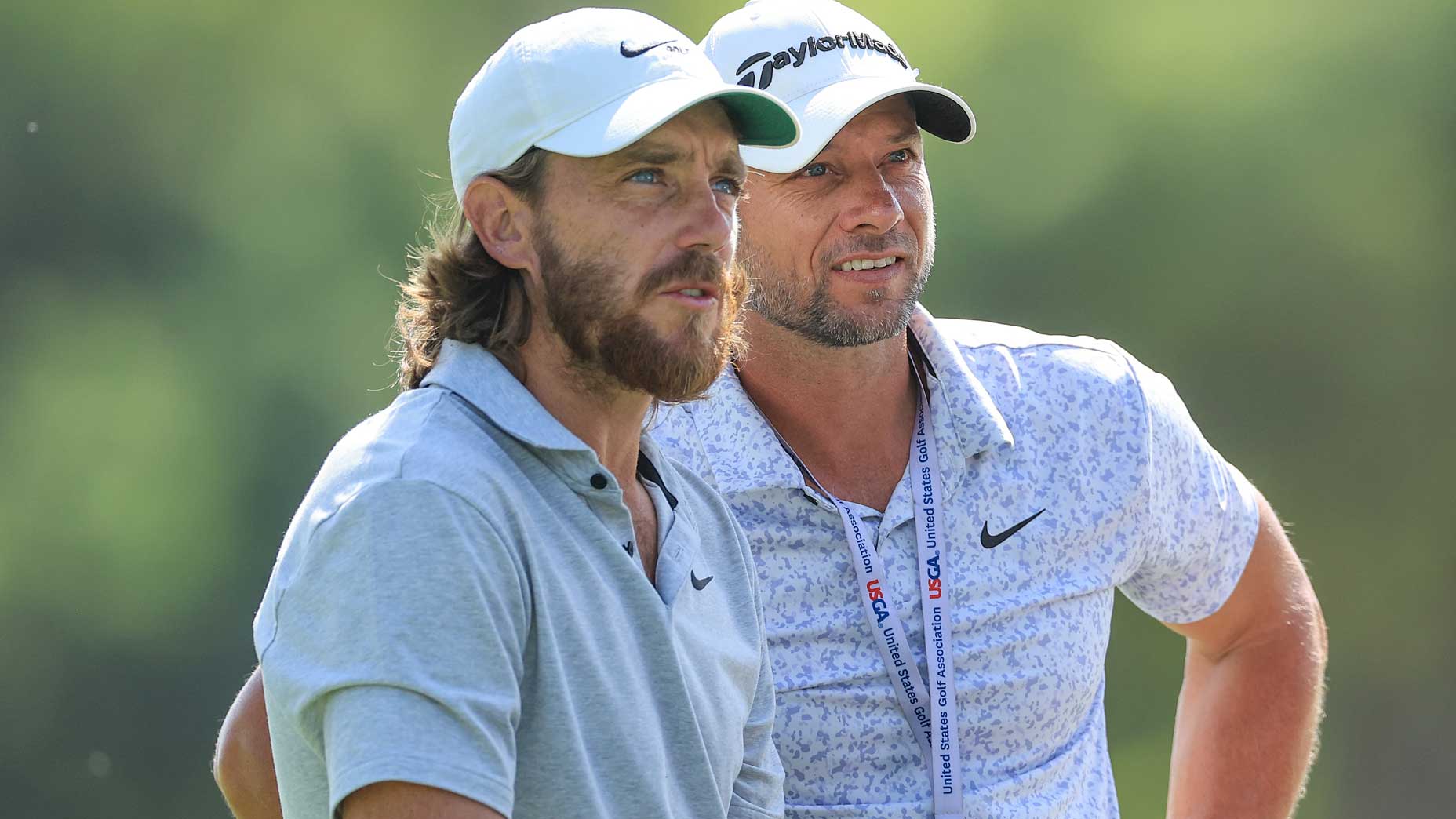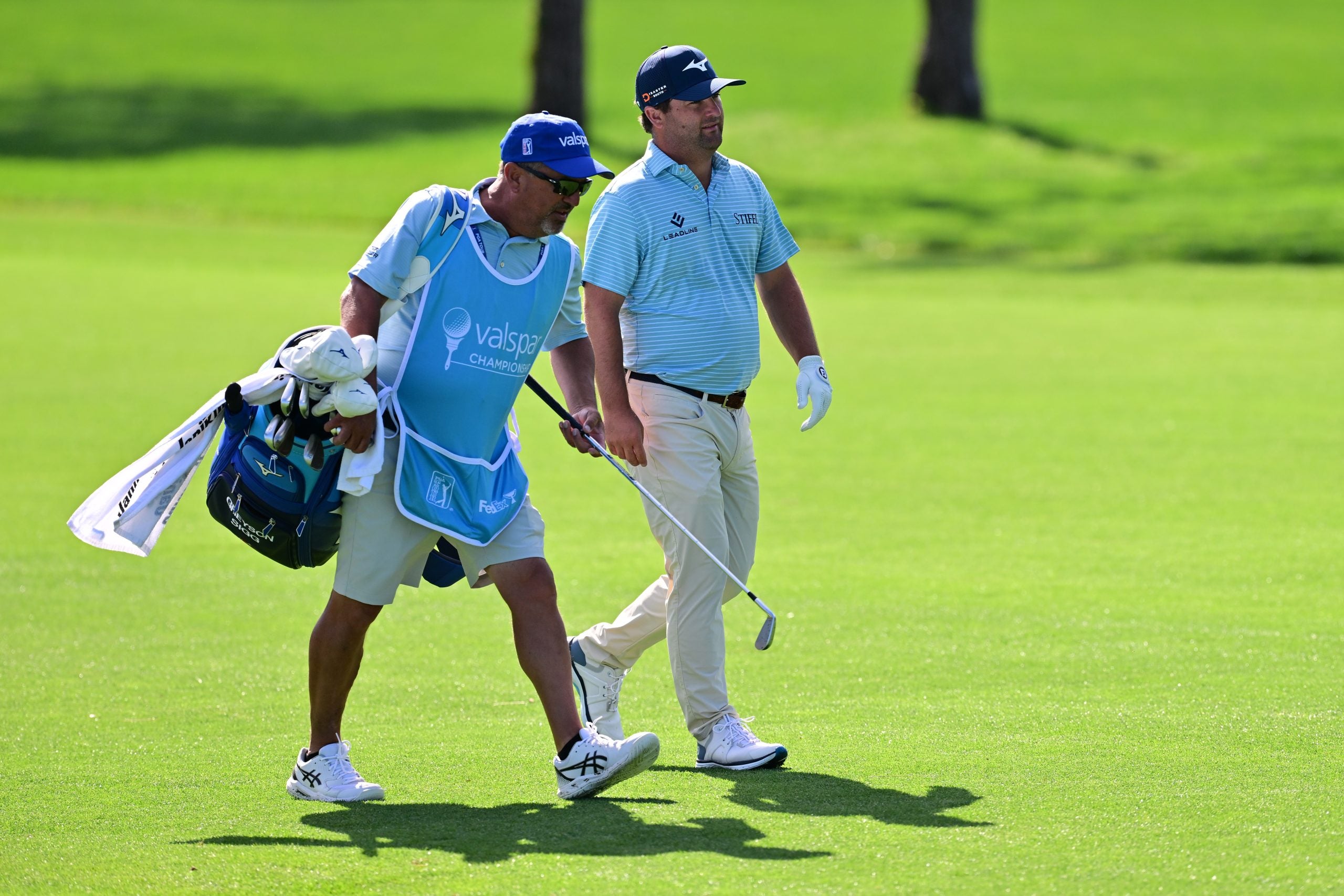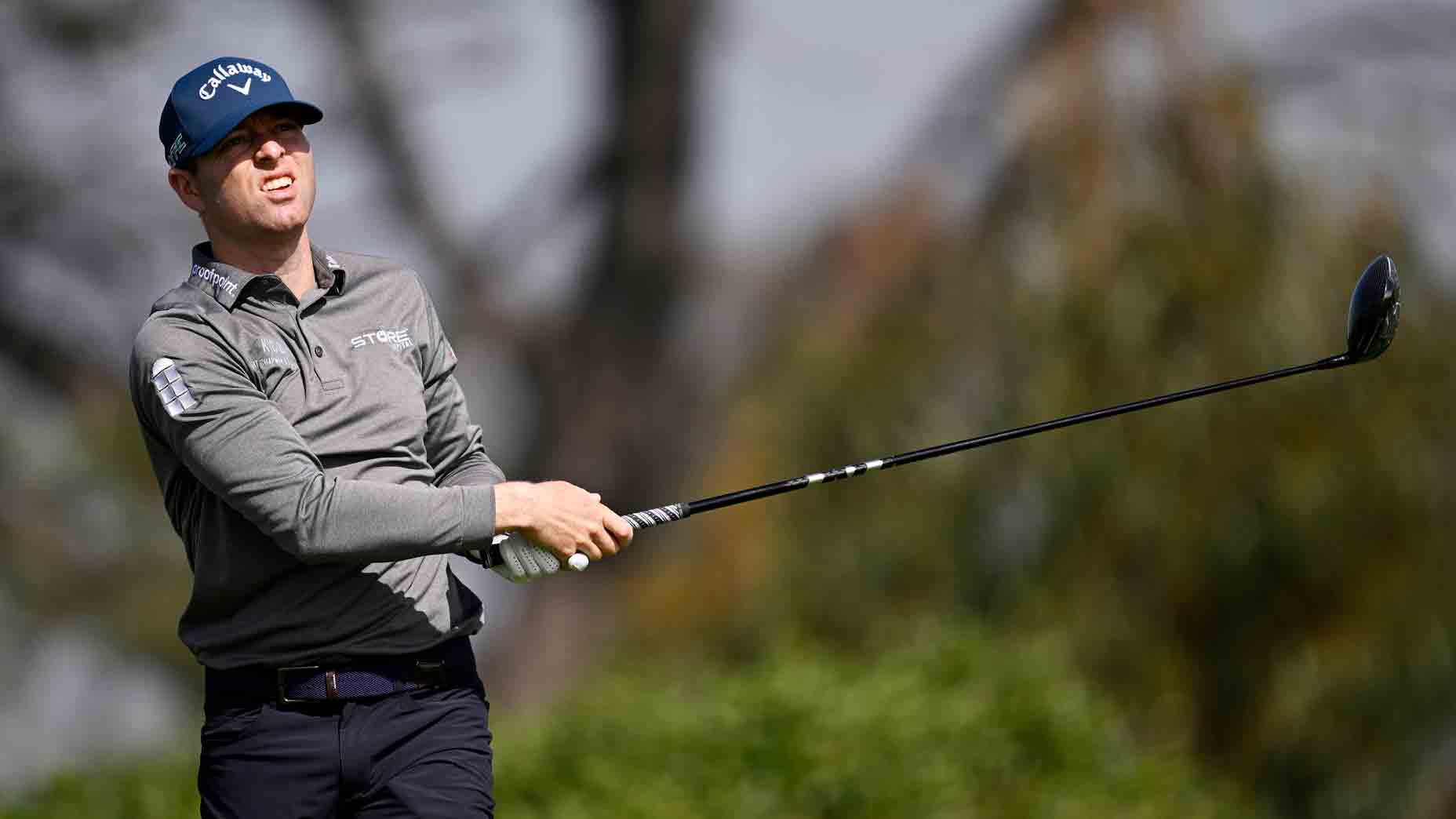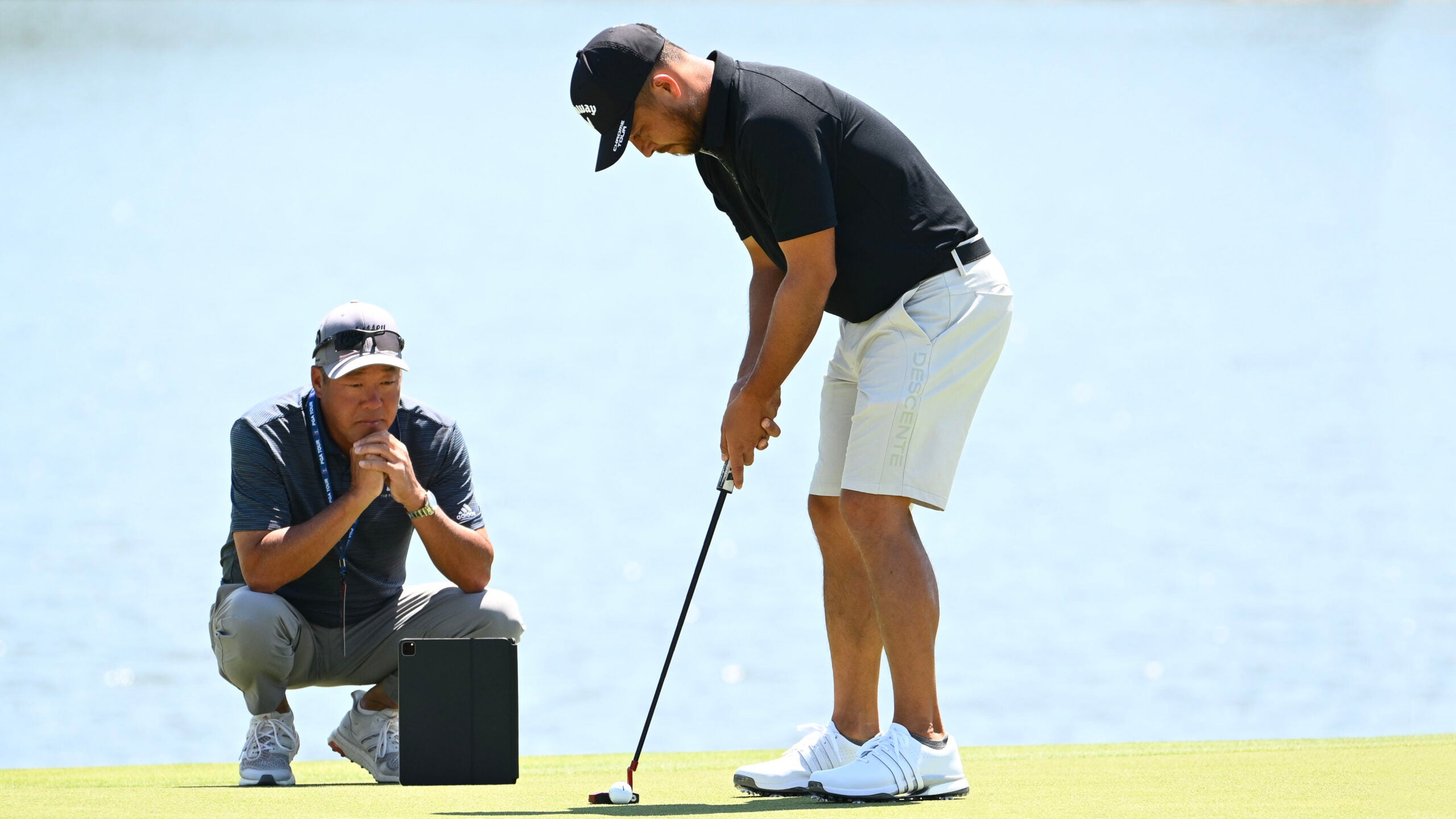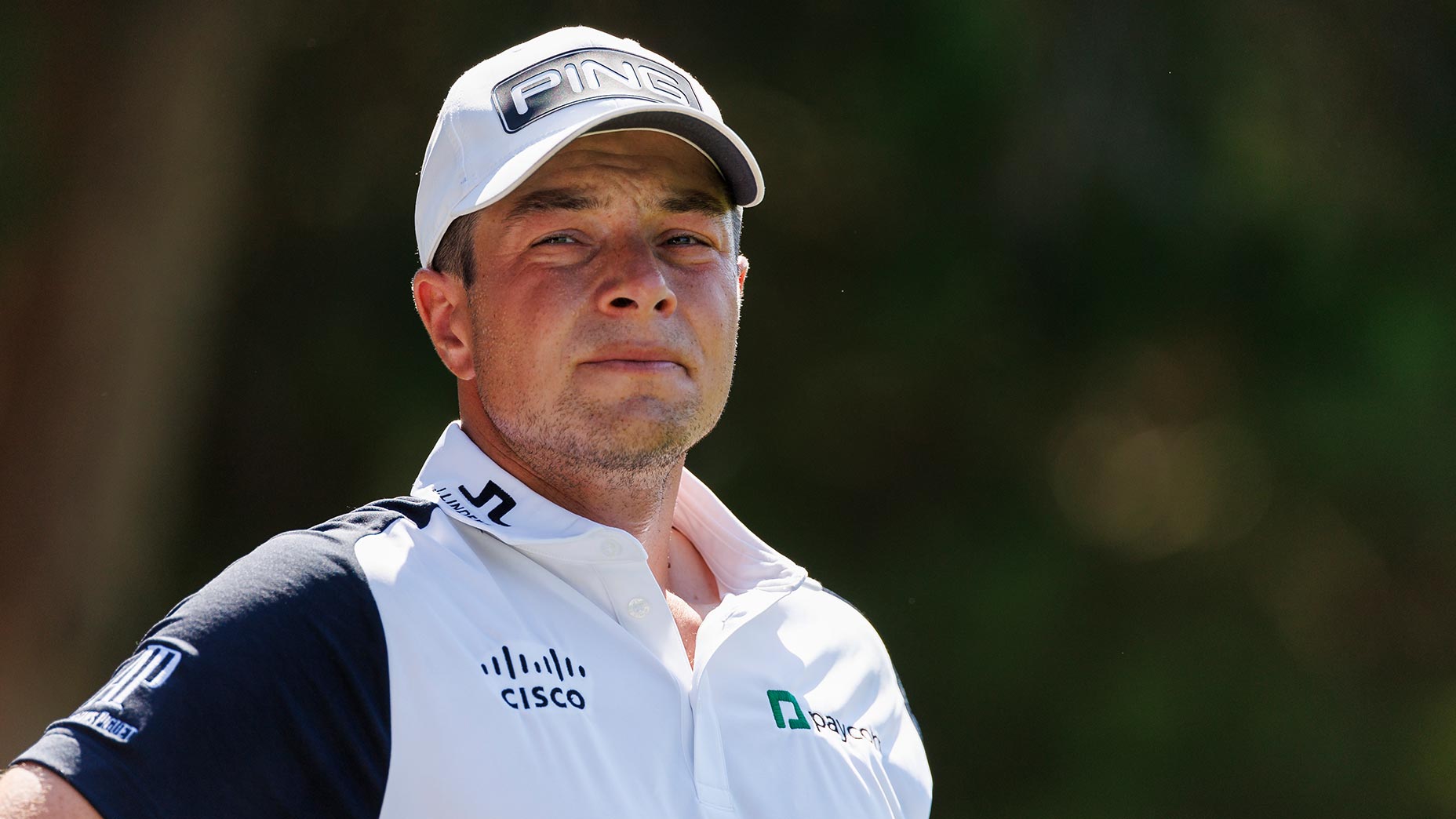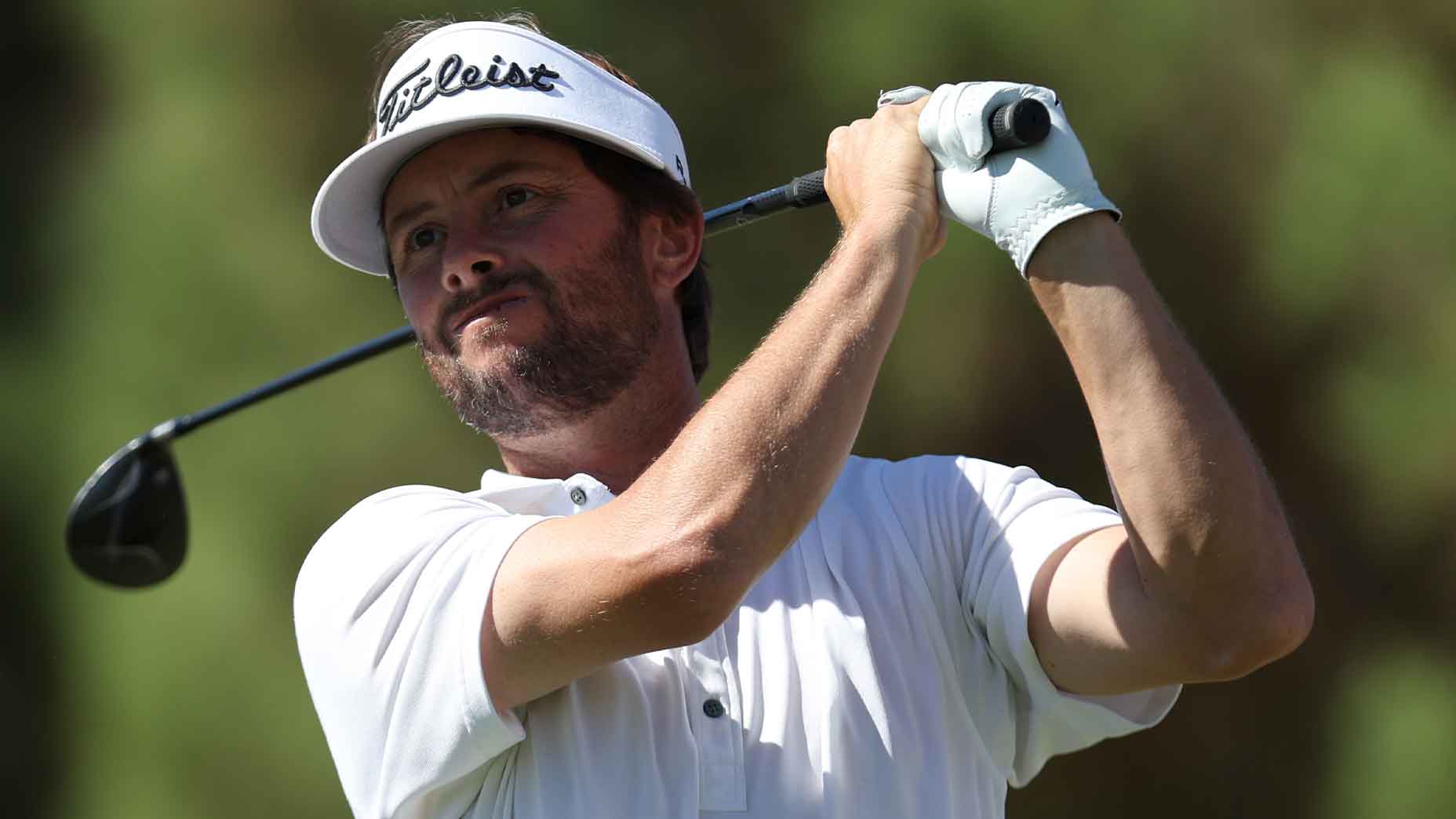What’s the difference between a struggling PGA Tour pro and a thriving PGA Tour pro? Is it a fine line or a wide chasm? And when you’re on one side, how do you get to the other?
A year ago, Harris English wasn’t playing the Tour Championship. Instead, he was fighting to maintain PGA Tour status, having missed the playoffs and slipped into a lesser category, reserved for Nos. 126-150 on the points list.
“I didn’t really know how many tournaments I was going to get into,” he said. English played the Korn Ferry Tour Finals in an effort to improve his status. He set up an aggressive fall schedule, hoping to grab “the bull by the horns,” as he said. And that’s exactly what he did.
After finishing off a 2018-19 season in which he recorded zero top-10 finishes, English began 2019-20 with four in his first five starts. His T3-T6-T33-T4-5 run to begin the year marked a complete turnaround for a player who had fallen outside the top 350 in the world ranking.
Revealed! The 100 best short courses in the worldBy: Ran Morrissett
So what was the difference?
“I feel like, at this level, the lines are so small,” English said, happy to be in a position where he was fielding questions in advance of this week’s Tour Championship. “It’s all momentum-based. And when you have confidence in this game, really in any aspect — off the tee, making sure irons are on point, hitting shots as well as putting and chipping — when you have confidence in everything, it helps so much.”
Confidence. Momentum. That makes sense. But how do you build confidence? How do you gain momentum? How do you get to the point where, as English describes, you can hit a bad shot without spiraling, without your head spinning, without panicking that this is another lost round in the making?
English insists different golfers require different formulas, but for him, the change was all about getting back to basics of playing. Plenty of golfers talk about the difference of playing golf versus playing golf swing; for English, that was a crucial division.
“I would say I got in a bad habit of new swing thoughts pretty much every week,” English remembers. “I was watching a lot of video of my swing, chasing positions, and not really playing golf. I was working on my swing way more than I was actually getting ready to play the golf course or figuring out the best strategy to play the golf course.”
English worked with his coach Justin Parsons at their home base in Sea Island to get back to the basics. Where was he aimed? How’d his grip look? Did they like how his club was starting away from the ball? Swing-wise, that was it. English shifted his focus from how his swing looked to how the ball looked in the air.
“We’ve worked on a lot of distance control, stuff that actually matters, and scoring. A lot of short game stuff,” he said. “My short game has been really good this year.”
Let’s talk concretely about the differences in his game from last year to this year. First, his numbers from 2018-19:

English was losing some strokes off the tee (116th on Tour) and even more approaching the green (171st). His short game was solid, and his putter kept him relevant, but he couldn’t notch the sort of high finishes that secure FedEx Cup positions.
Now let’s check out this year’s numbers:

English hadn’t put together a season where he was in the top 60 in strokes gained off the tee OR approaching the green since 2014. This year? He jumped all the way to 40th off the tee and 30th approaching the green. His chipping got better. His putting remained a superpower. By focusing on the scoring clubs — and ignoring his swing mechanics — English’s swing performance actually got much, much more effective.
All together, the approach added up to English becoming one of the Tour’s more consistent performers. Six top 10s. Over $3.2 million in earnings. A jump from No. 369 to No. 51 in the world rankings. And a No. 7 position in the FedEx Cup, with a chance to jump higher this week at East Lake.
If there’s a lesson here for the everyday golfer, it’s to focus on getting comfortable with your own game, playing partners be damned.
“It’s easy to get caught up in what everybody else is doing. Dustin [Johnson] hits it further than me. Why does he hit it further than me? That’s just how he does things…what I’ve really done is stopped looking at everybody else and how I can be more like them and instead said, ‘What can I do to be the best version of myself?'”
English played alongside Johnson at TPC Boston, where he finished in second place (a very distant second, but still) to cement his standing at East Lake. He plans to play a practice round Thursday alongside Georgia alums Kevin Kisner and Brendon Todd. If there’s anyone that can relate to English’s resurgence, it’s Todd, who battled back from the yips to become a two-time winner this season.
“We’ve talked a little bit. Obviously we’re very supportive of each other,” English said. “I played in the final group with Brendon when he won the Mayakoba tournament in Mexico this year, and if I didn’t win I was pulling on him to win.”
The one thing missing from English’s year? A victory. He’ll have the chance to get the biggest prize of all this week; he starts at 4 under, six shots behind leader Dustin Johnson. Even if he doesn’t leave with a $15 million check, there’s no question that this year has been a massive success.
“It sounds pretty complicated, but [Parsons] really just simplified everything,” English said. “I got back to really just playing like I was a kid again.”
